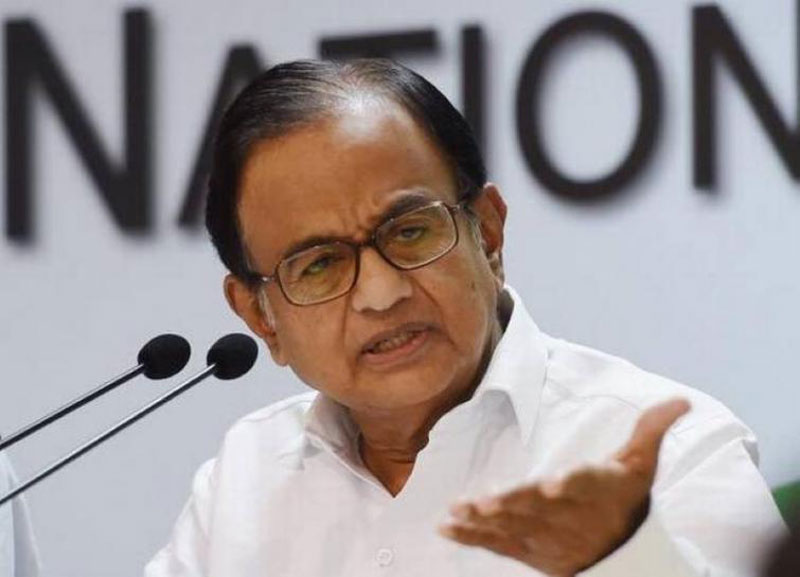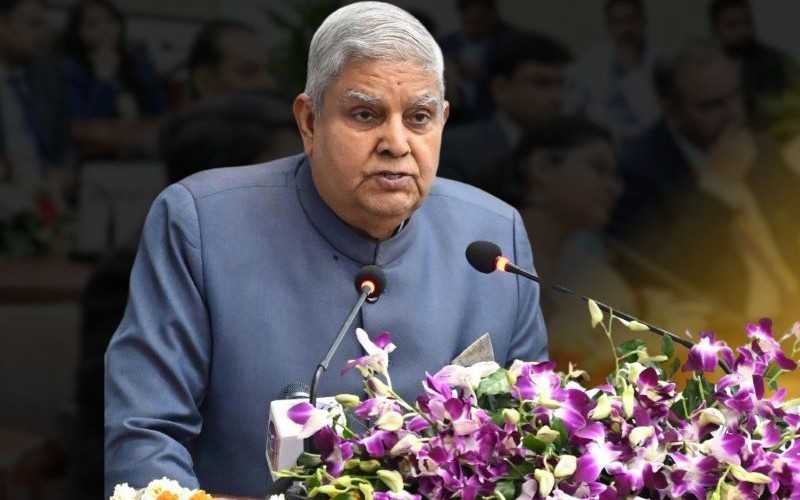SC's demonetisation verdict: 'Accept the verdict but...,' says Congress' Chidambaram

New Delhi/IBNS: Former Union Finance Minister and Congress veteran, P Chidambaram, has accepted the Supreme Court's judgement favouring the Centre's demonetisation move but also noted the minority judgement's pointing out the "illegality and irregularity" in the step.
What did Chidambaram say?
In a series of tweets, Chidambaram said, "Once the Hon'ble Supreme Court has declared the law, we are obliged to accept it."
"However, it is necessary to point out that the majority has not upheld the wisdom of the decision; nor has the majority concluded that the stated objectives were achieved. In fact, the majority has steered clear of the question whether the objectives were achieved at all."
"We are happy that the minority judgement has pointed out the illegality and the irregularities in the Demonetisation. It may be only a slap on the wrist of the government, but a welcome slap on the wrist."
"The dissenting judgement will rank among the famous dissents recorded in the history of the Hon'ble Supreme Court."
"The minority judgement brings out the profound distinction between the plenary legislative power of Parliament and the limited power of the executive Government."
"We are happy that the minority judgment has emphasised the important role of Parliament in a democracy. We hope that in future an unbridled Executive will not thrust disastrous decisions on Parliament and the people."
Supreme Court judgement
The Supreme Court on Monday backed the Narendra Modi government's controversial 2016 demonetisation move, in a setback for the opposition parties that have been targeting the Centre over the step for years.
The judges have stated the central government has the power to take such a move.
The note ban can't be struck on the grounds of proportionality, the court said.
Four judges in the five-judge bench headed by Justice SA Nazeer said the Centre is required to consult the Reserve Bank of India (RBI) before such a move and the two had consulted twice in six months.
The court also said a period of 52 days to exchange the old notes with the new ones was "not unreasonable".





